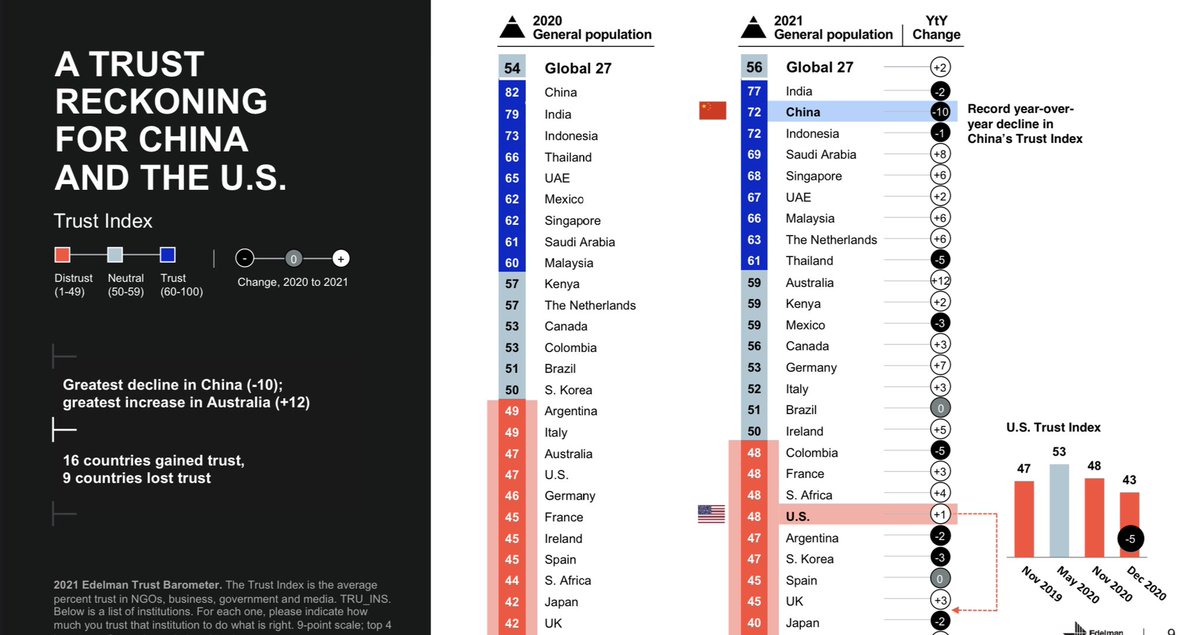
It is also a technical innovation, just not on the dimension people think.
Public blockchains are massively multiclient databases. They support fewer transactions-per-second than a traditional database, in return for millions of simultaneous root users.
Public blockchains are massively multiclient databases. They support fewer transactions-per-second than a traditional database, in return for millions of simultaneous root users.
https://twitter.com/RyanWatkins_/status/1399063741157752840
Public blockchains are massively multiclient databases, where every user is a root user. They're useful for storing shared state between users, particularly when that shared state represents valuable data that users want to export without fail, like money. balajis.com/yes-you-may-ne…
Agree with thrust of @RyanWatkins_' comment.
But I also think this a key point to articulate: rather than a few people with root access to PayPal's centralized database, anyone with the right public/private key pair can move funds on a public blockchain.
But I also think this a key point to articulate: rather than a few people with root access to PayPal's centralized database, anyone with the right public/private key pair can move funds on a public blockchain.
https://twitter.com/RyanWatkins_/status/1399063742541975555
This can be quantified.
How many people have full root access to PayPal's database? Few.
vs
How many people can read from a public blockchain? All.
How many can write transactions? All with private keys.
How many can write blocks? All with enough compute.
How many people have full root access to PayPal's database? Few.
vs
How many people can read from a public blockchain? All.
How many can write transactions? All with private keys.
How many can write blocks? All with enough compute.
New tech is often compared to old tech on the wrong axes. The early iPhone camera didn't dominate because of resolution, but because of ubiquity.
Similarly, massively multiclient DBs are 1000X+ better than traditional DBs on simultaneous root users, not transactions-per-second.
Similarly, massively multiclient DBs are 1000X+ better than traditional DBs on simultaneous root users, not transactions-per-second.
• • •
Missing some Tweet in this thread? You can try to
force a refresh



















